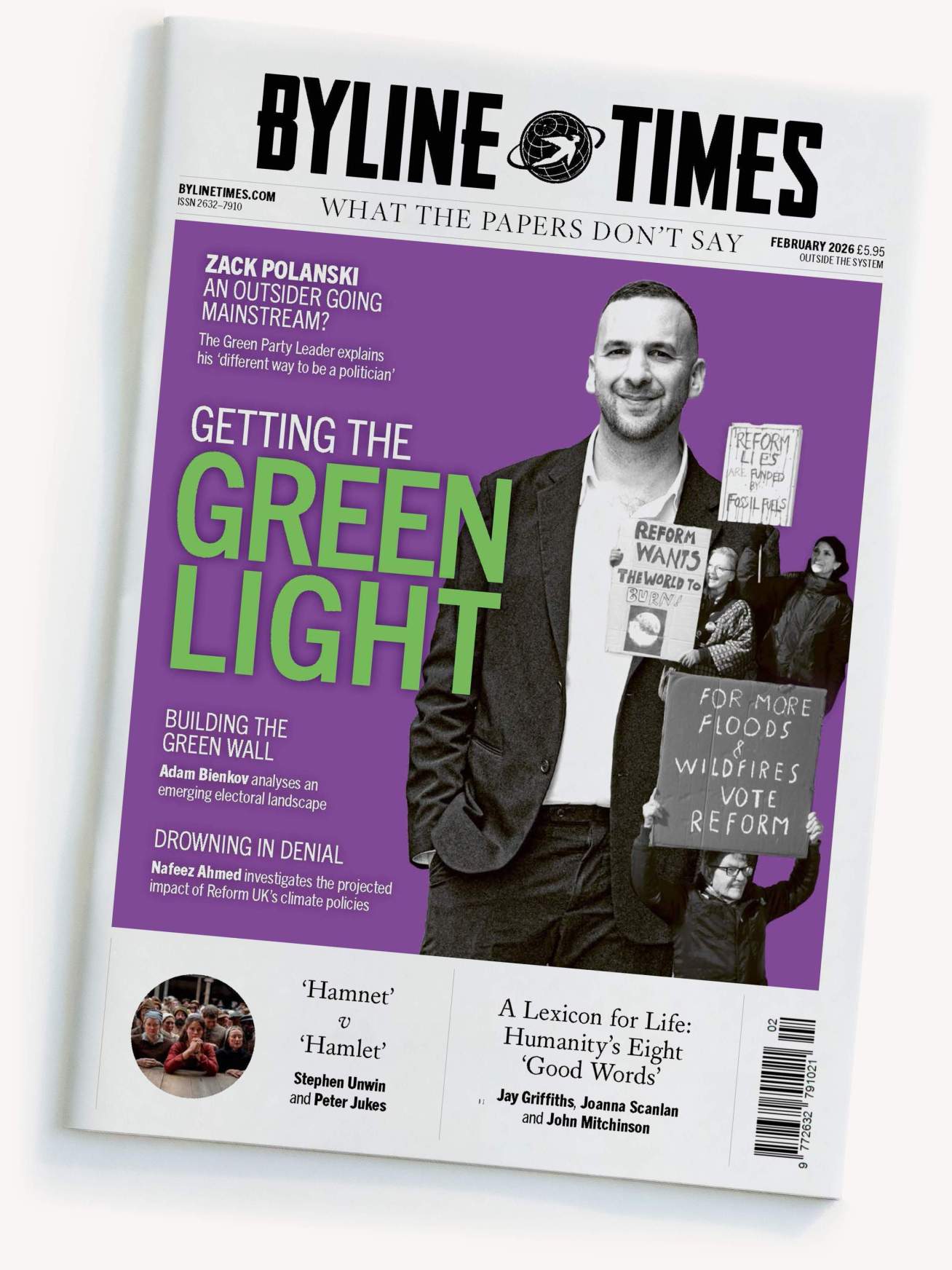
Read our Monthly Magazine
And support our mission to provide fearless stories about and outside the media system
The UK Government is failing to tackle rising cases of violence against women and girls despite spending £1 billion over the last three years to tackle the problem, a report by an influential committee of MPs warns today.
It says that a lack of co-ordination among Whitehall departments, a failure to understand the nature of the violence and a wrong belief that local councils and charities have the resources to tackle the issue are all contributing to a failure to address the issue. This has been coupled with a huge growth in online harm and misogyny by young men and boys, triggered by hate influencers.
The Public Accounts Committee found that refuges are now having to refuse 65% of requests and community-based services are only able to support half of those who ask for help. The rise in demand is being compounded by the increasing complexity of the cases that services are dealing with, with almost half of those in refuges now presenting with mental health problems.
Anna Dixon, Labour MP for Shipley and a member of the PAC, said: “The levels of violence against women and girls in our country are truly appalling and it is right the Government have set out a mission to halve it. Success will require urgent and coordinated action across departments to ensure victims and survivors can be confident that they will receive the support they need, get swift justice, and preventative action is taken.
“This is not an issue the Home Office can tackle alone; while arresting perpetrators is vital, it will not solve this problem. It is crucial that we address the underlying cultural issues, particularly the rise in harmful online content shaping misogynistic views in young men and boys. Education and other preventative measures to counter the spread of harmful content are needed.
“Tackling the housing crisis will also be vital if government is to achieve its aim of halving violence against women and girls. During our inquiry, we heard that there are only two wheelchair accessible refuges nationally. This is completely unacceptable. Women should not be forced to remain in unsafe, potentially life-threatening situations because of a lack of suitable accommodation. “
Nearly 80 organisations and academics submitted evidence to MPs calling for action to tackle the issue. While money was available for support, a lot of the cash was short term funding which meant communities could not make long term plans to deal with the issue.
MPs found ignorance at the Ministry of Housing, Communities and Local Government who believed that local communities had enough money and resources to tackle the problem. This was confirmed by the Local Government Association.
ENJOYING THIS ARTICLE? HELP US TO PRODUCE MORE
Receive the monthly Byline Times newspaper and help to support fearless, independent journalism that breaks stories, shapes the agenda and holds power to account.
We’re not funded by a billionaire oligarch or an offshore hedge-fund. We rely on our readers to fund our journalism. If you like what we do, please subscribe.
Cllr Tom Hunt, Vice-Chair of the LGA Safer and Stronger Communities Board, said: “The sad truth is that financial pressures have impacted councils’ ability to provide these services as quickly and effectively as is needed. Local government needs long-term and stable financial approach to be able to reverse this.”
There was also criticism of the courts – particularly family courts.
The report found: “We are particularly concerned to hear that it is common for survivors to find going through the family courts processes to be almost more abusive than having experienced abuse by the perpetrator, seeing the courts as harmful, misogynistic spaces. “
Nicole Jacobs, domestic abuse commissioner told MPs: “We have not touched the sides of what we need to do.” She said that funding to tackle domestic abuse was not co-ordinated, came from different government departments and there was no data in the criminal justice system to show the results of tackling domestic abuse.
Minister for Safeguarding and Violence Against Women and Girls, Jess Phillips said: “Every day, the lives of women and girls across our country are shattered by violence and abuse. I thank the Public Accounts Committee for this report which highlights the significant challenges we’ve inherited from the previous government. We will carefully review their recommendations and respond in due course.
“As part of our ambitious pledge to halve violence against women and girls in a decade, we have already put domestic abuse specialists in 999 control rooms in the first five forces, introduced new Domestic Abuse Protection Orders in select areas, and set out a clear process for police to release information about online stalkers.
“Our new Violence Against Women and Girls Strategy, coming this summer, will take a cross-government approach with prevention at its heart – to better protect victims, support their journey to justice and hold perpetrators to account.”

